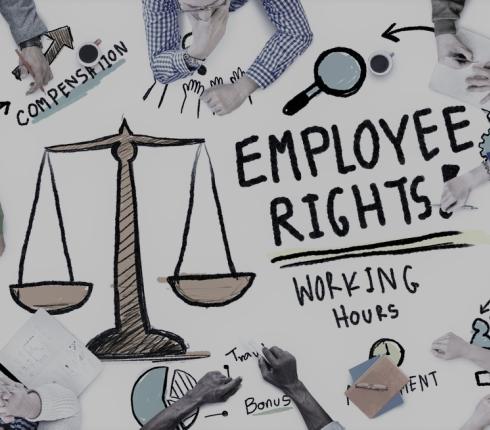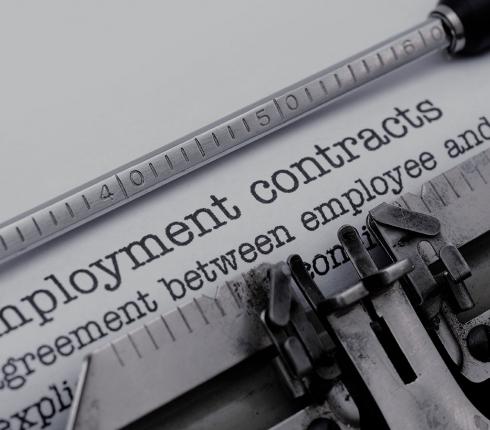The CJEU finds that employers must register employees' working hours
The European Court of Justice recently ruled on the employer's obligations as a result of the rules on working time. The CJEU ruled that the employer must record the working hours of employees objectively and reliably.
All employees are protected by the rules of the Working Time Directive. This means that an employee is entitled to a minimum rest period of 11 consecutive hours within every 24-hours and that the working time for 7 days must not exceed 48 hours on average.
In the specific case, the CJEU ruled on whether the Working Time Directive obliges the employer to set up a system to register the employees' daily, effective working hours to make it possible to check whether the rules on working hours are complied with.
The specific case
The case started in Spain, where a Spanish trade union argued that a system in which employees could record the absence of a full day but not the actual working time or overtime was not sufficient.
The decision of the CJEU
Initially, the CJEU notes that the rules of the Working Time Directive aim to protect the safety and health of employees. Employees, therefore, have a fundamental right to limit the weekly working time.
The directive does not provide a concrete framework for each Member State to ensure compliance with the rules of the directive.
Nevertheless, the European Court of Justice ruled that the Member States must require employers to establish an "objective, reliable and accessible system enabling the duration of time worked each day by each worker to be measured". The system should also be accessible to employee representatives and labour inspectorates so that they can monitor compliance with the rules on working time.
The judgement is likely to affect Danish employers, but it is still unclear how. NJORD Law Firm monitors developments in the area and will keep you updated when there is news about the consequences of the judgment.






























